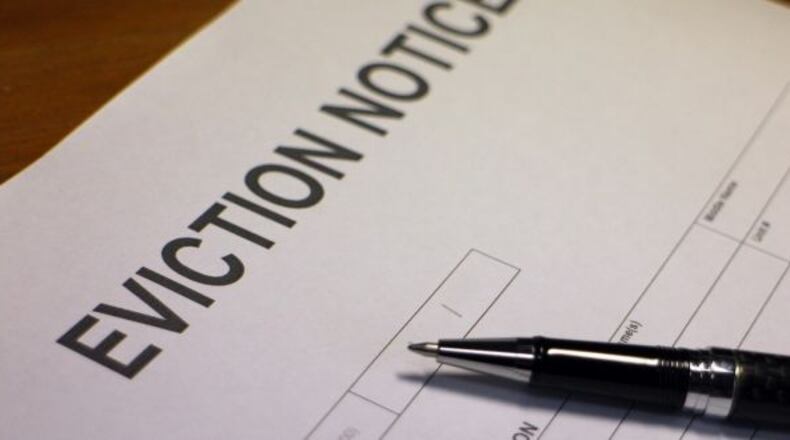Last year, Dayton Municipal Court had 2,977 eviction cases filed. This number does not include cases filed in the other Miami Valley municipal courts. Most eviction cases filed involve the failure of a tenant to pay rent. In Ohio, the failure to pay your regular rent on its due dates gives a landlord the legal right to file to evict that tenant. This is regardless of a tenant’s financial situation, health, or other family emergencies. Usually, these tenants are not represented by counsel and frequently fail to appear for their scheduled court date. As a result, the eviction is granted, and the tenant has a permanent record of the eviction.
So, is there a solution? Unfortunately, there is not a perfect solution to solve this issue for tenants and landlords. Landlords have a legal right to receive payment from their tenants. However, a temporary financial setback shouldn’t mean a lifetime of struggling to find a stable place to call home.
The court cannot solve the issue of housing instability alone. Opportunities for a fresh start like this shouldn’t depend on which city you live in. Ohio law already provides individuals convicted of criminal charges the ability to seal their criminal records. There are laws like bankruptcy that grant individuals a fresh start after financial hardship. Why should an eviction be any different?
Marty Gehres, a Democrat, is the Dayton Municipal Clerk of Court and an attorney. He was elected in 2021.
About the Author

